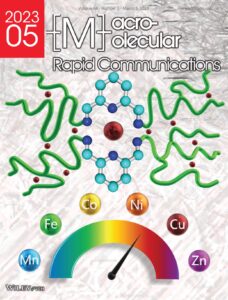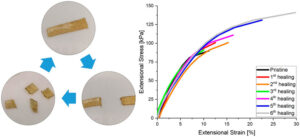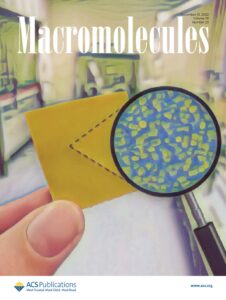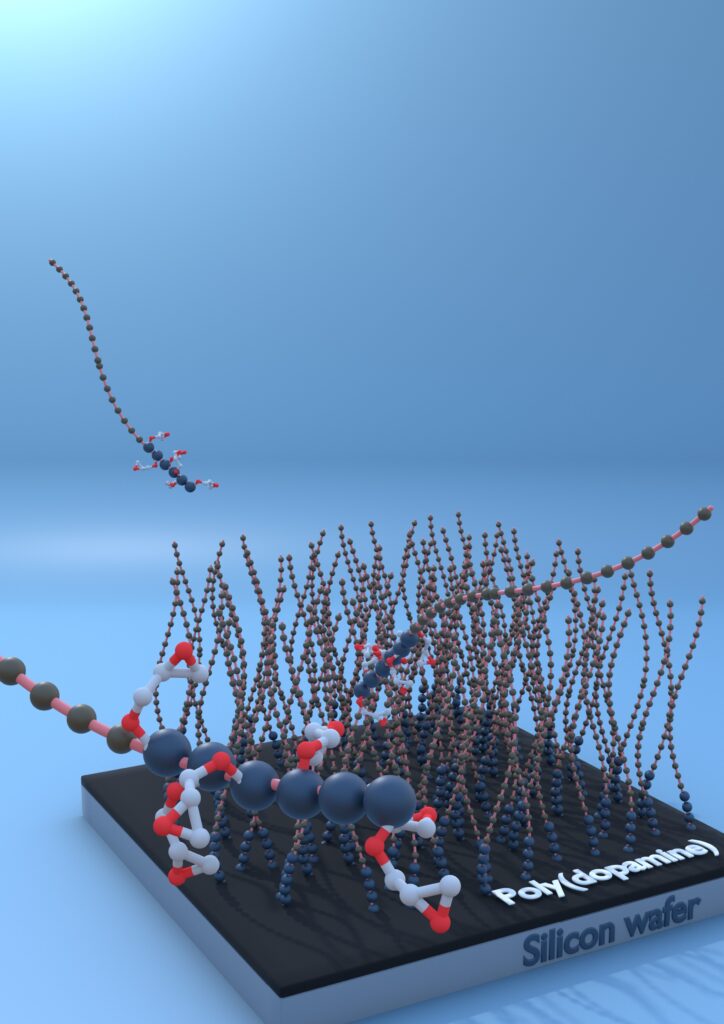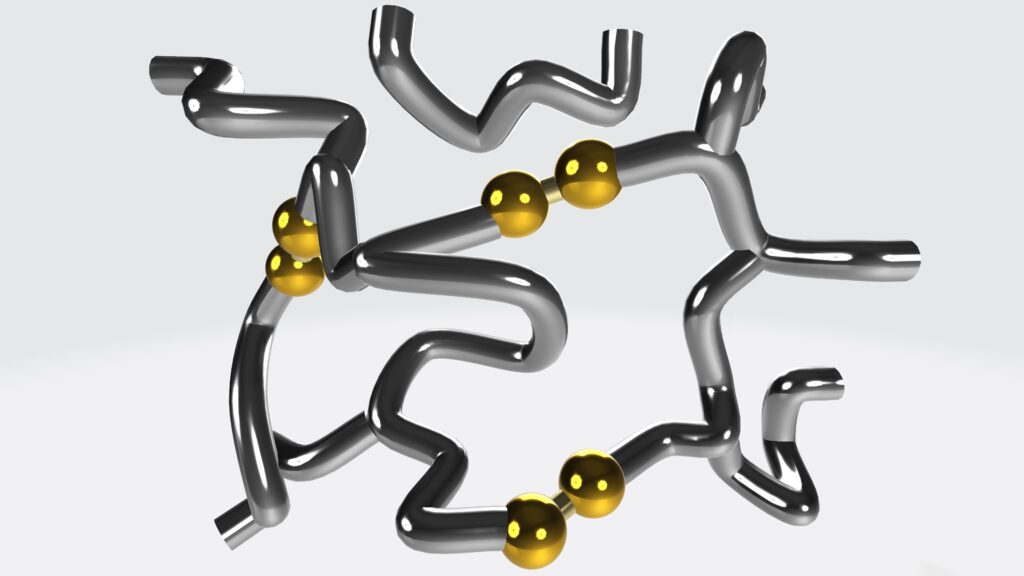Our group has a PhD vacancy on a project that is focussed on polymer materials that contribute to a circular economy. This PhD position is part of our DynaBranch consortium that consists of partners from Wageningen University, Eindhoven University of Technology, Avans Hogeschool and SABIC as industrial partner/sponsor. Our consortium was awarded a KIC Circularity grant from NWO to develop a program on circular polymers.
The aim of this program is to increase the recyclability of an important class of engineering plastics: polycarbonates. For this, we will (chemically) modify polycarbonates by dynamic-covalent chemistry. These new polymers will be combined with existing polycarbonate (as part of a recycling stream) to achieve (re)processing that is compatible with existing infrastructure.
The overall project will cover topics from organic/polymer synthesis, polymer processing and characterisation, ageing and recycling studies, as well as socio-economic analyses related to the acceptance of these new materials.
If you would like to find out more about the vacancy and/or if you wish to apply, please use this link.
